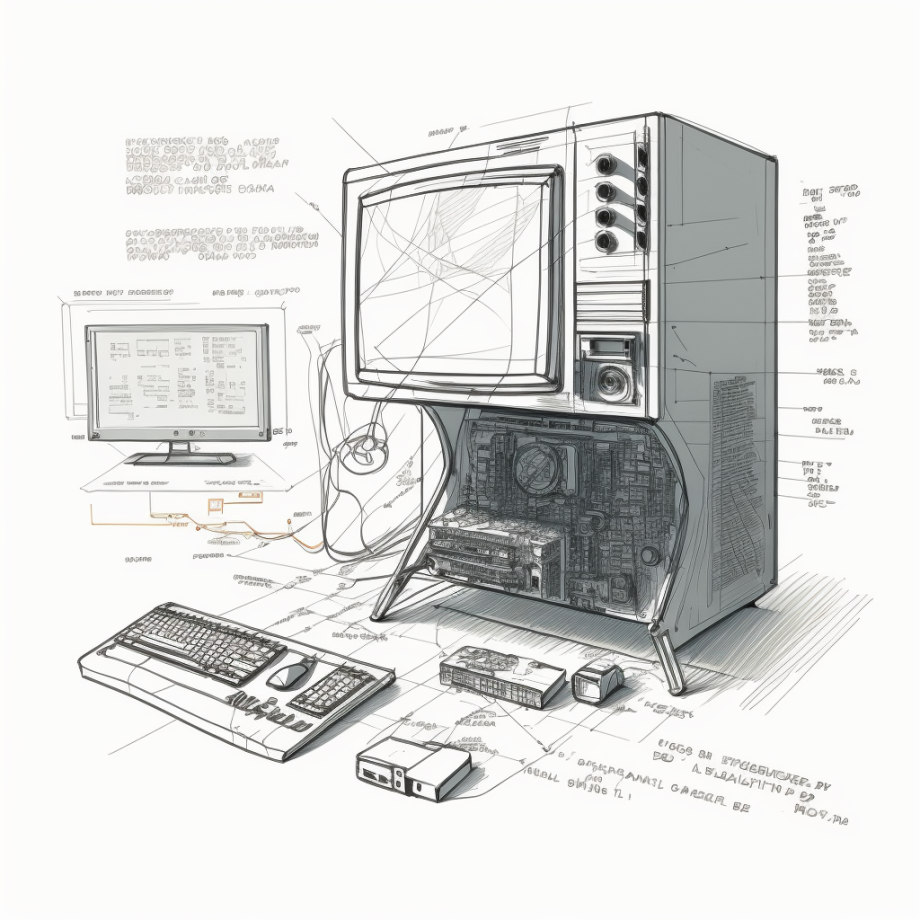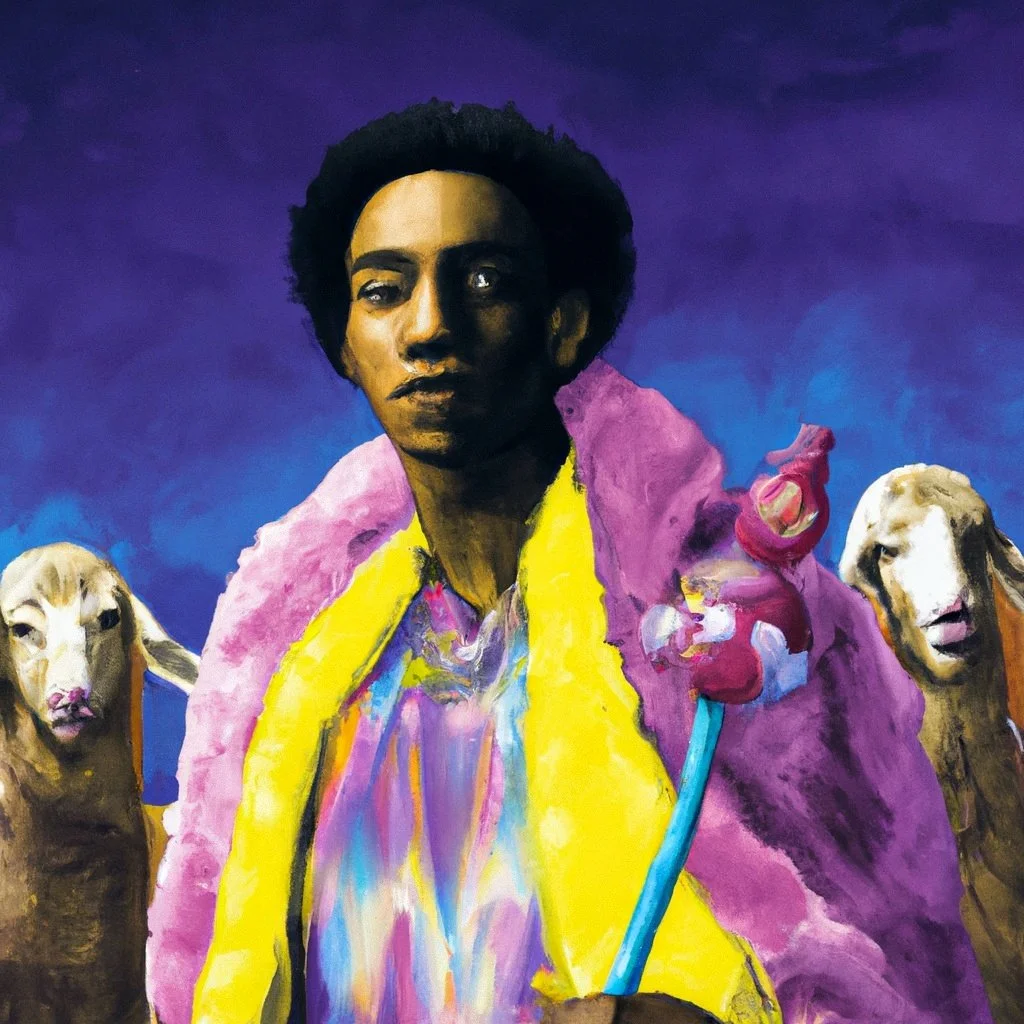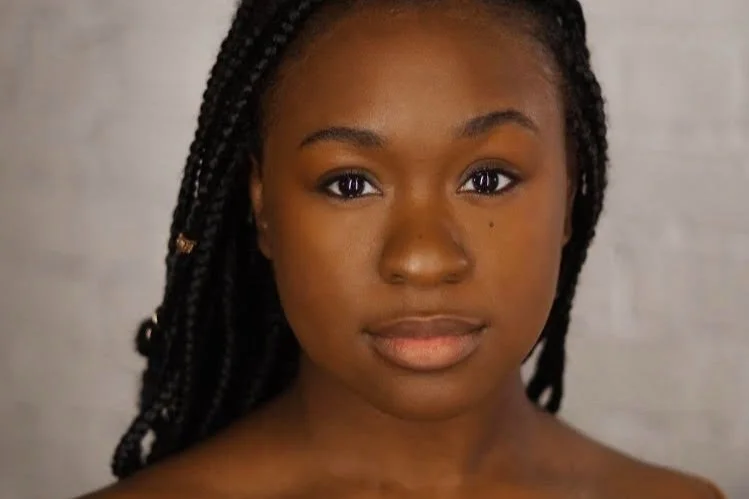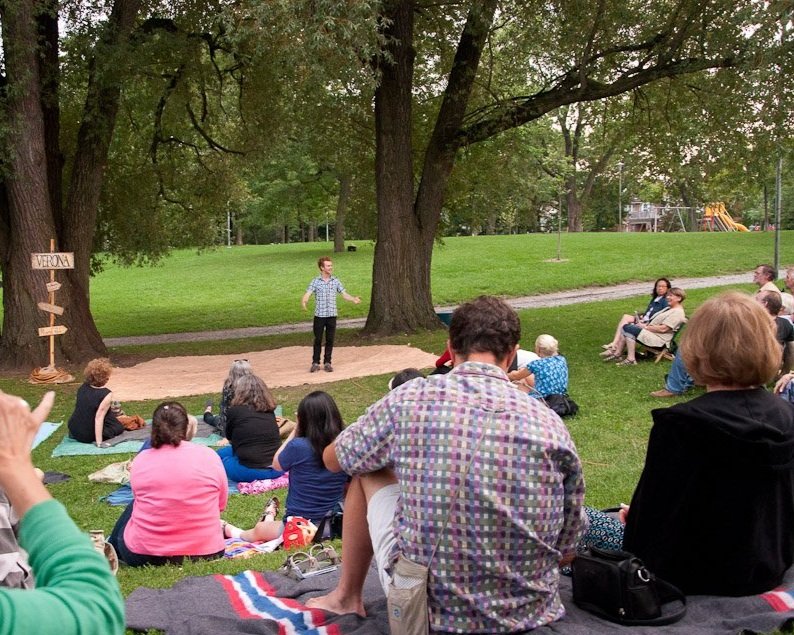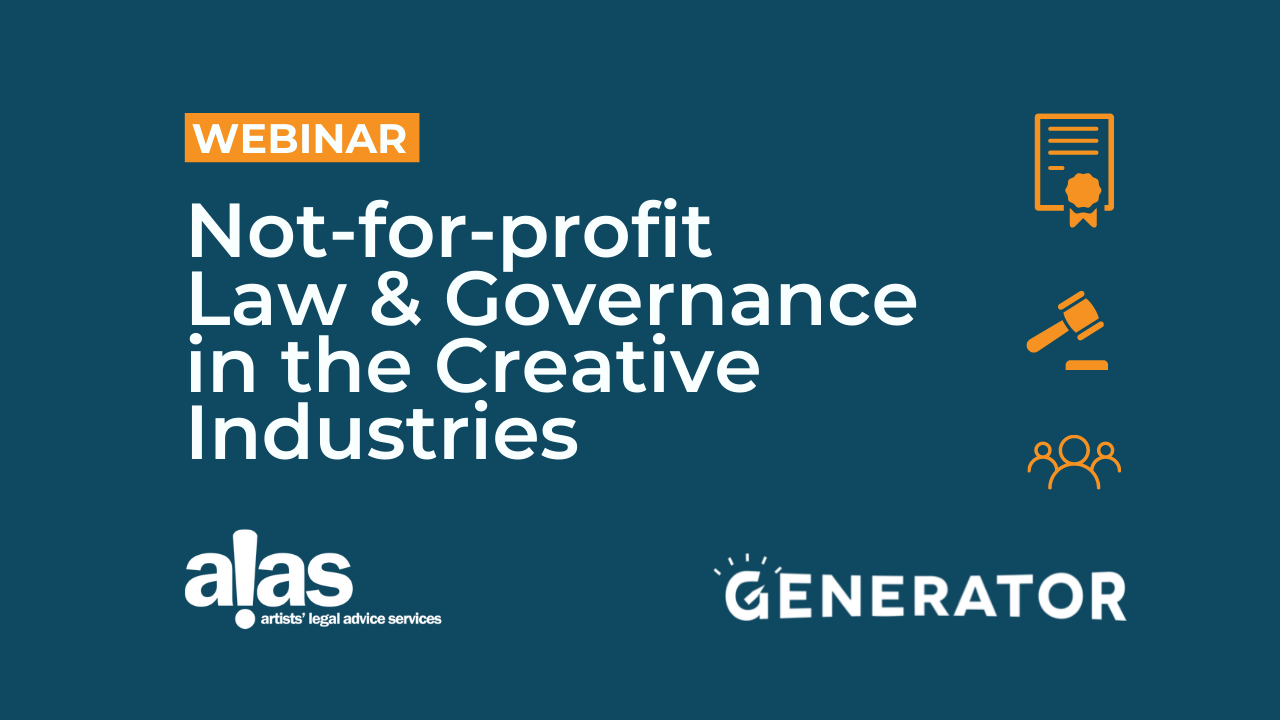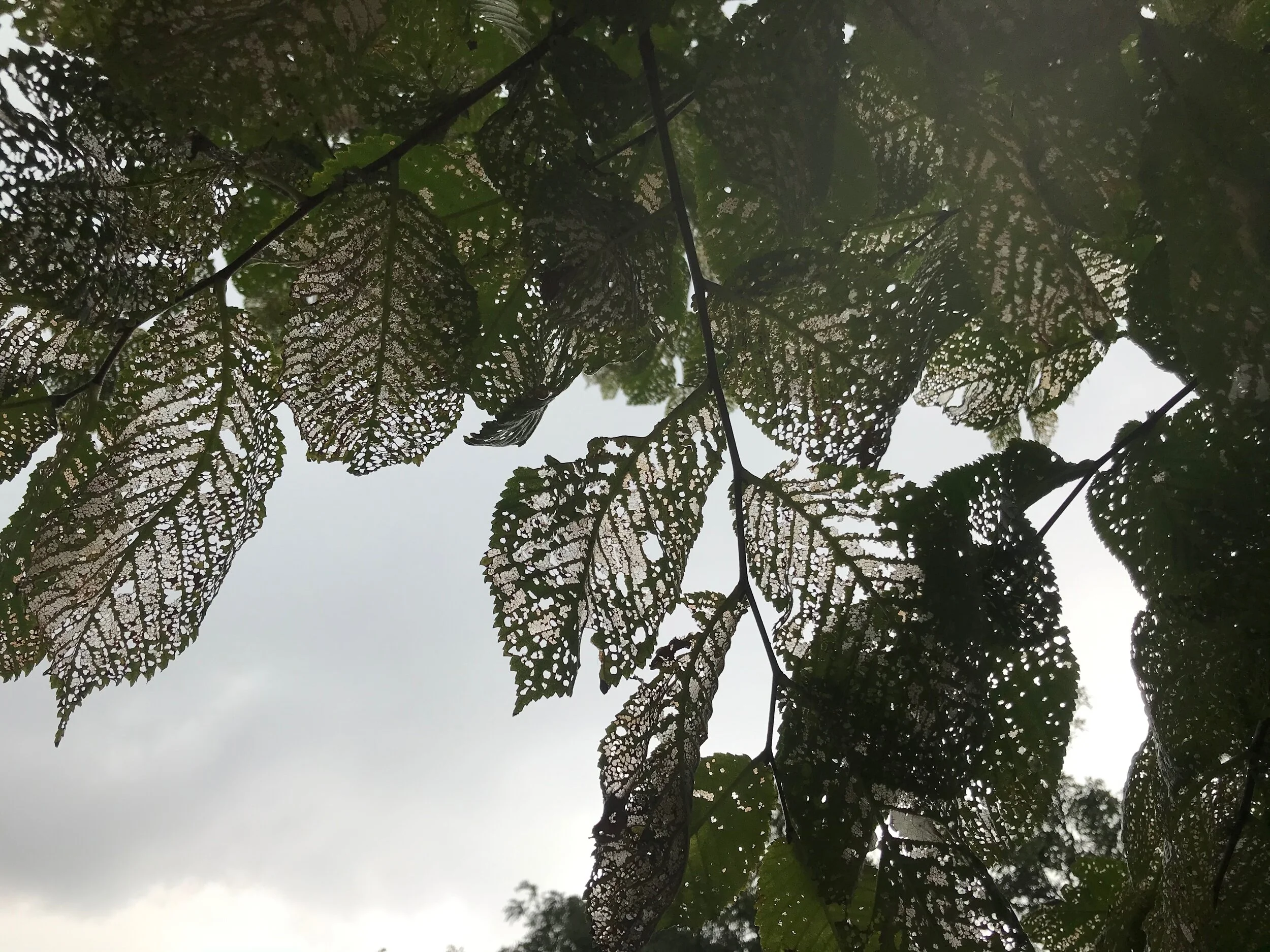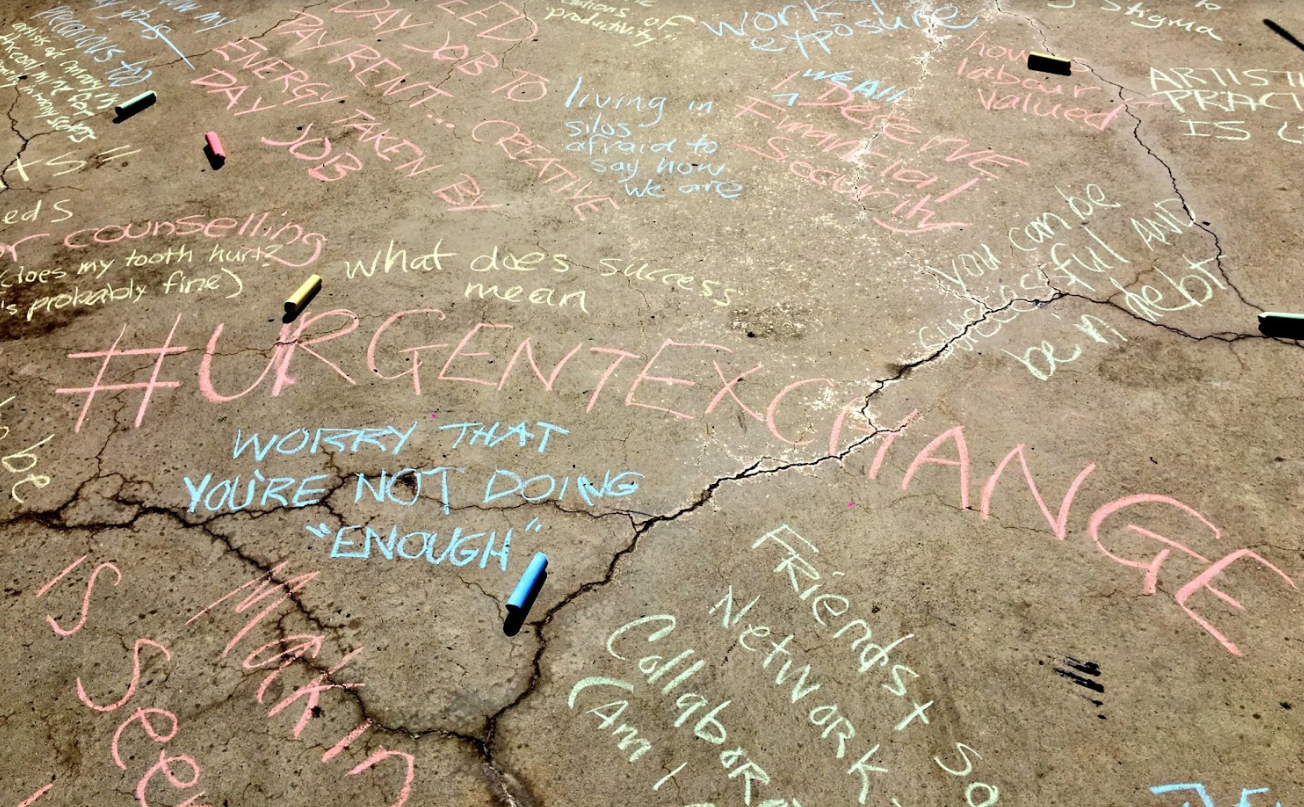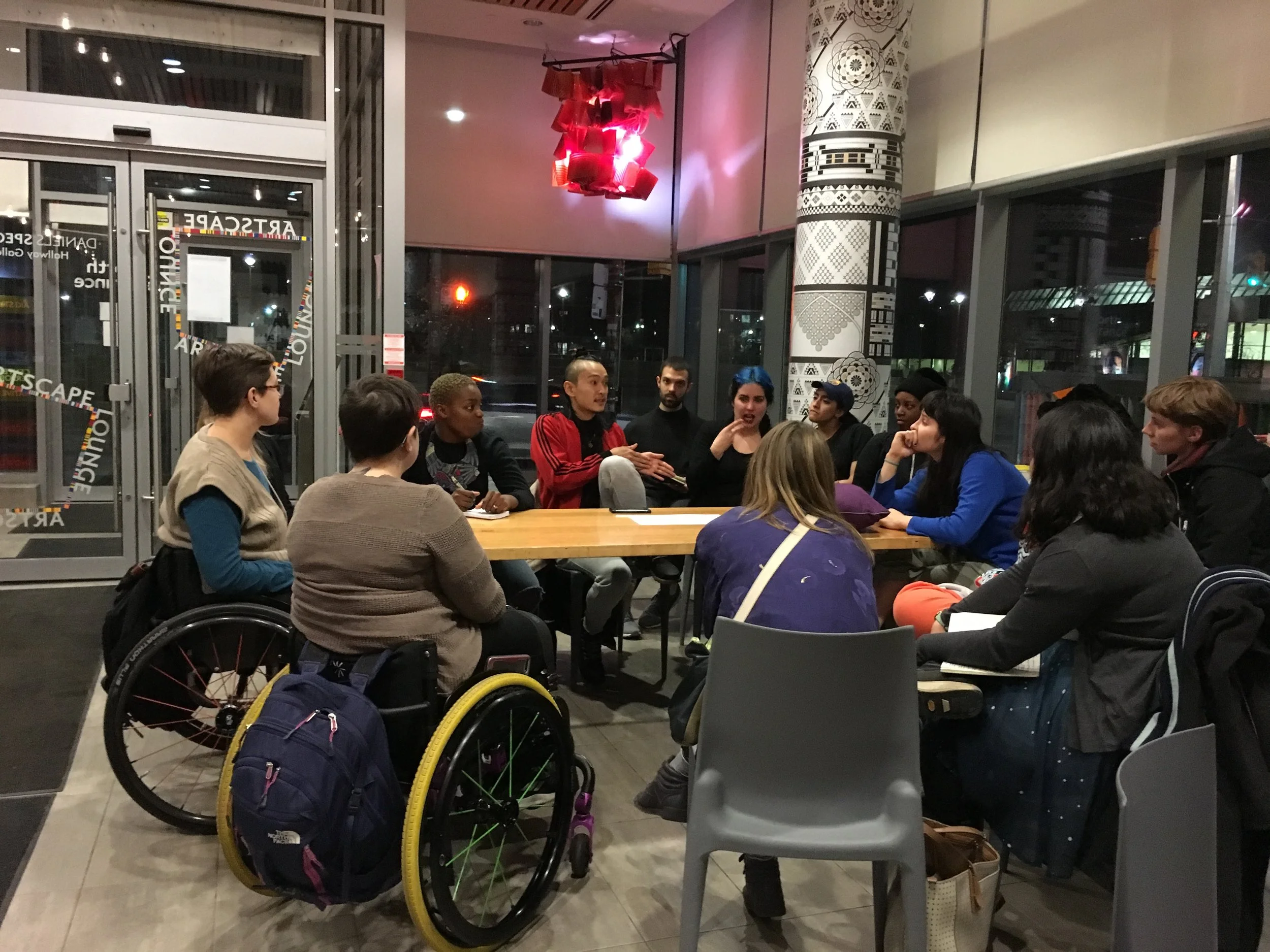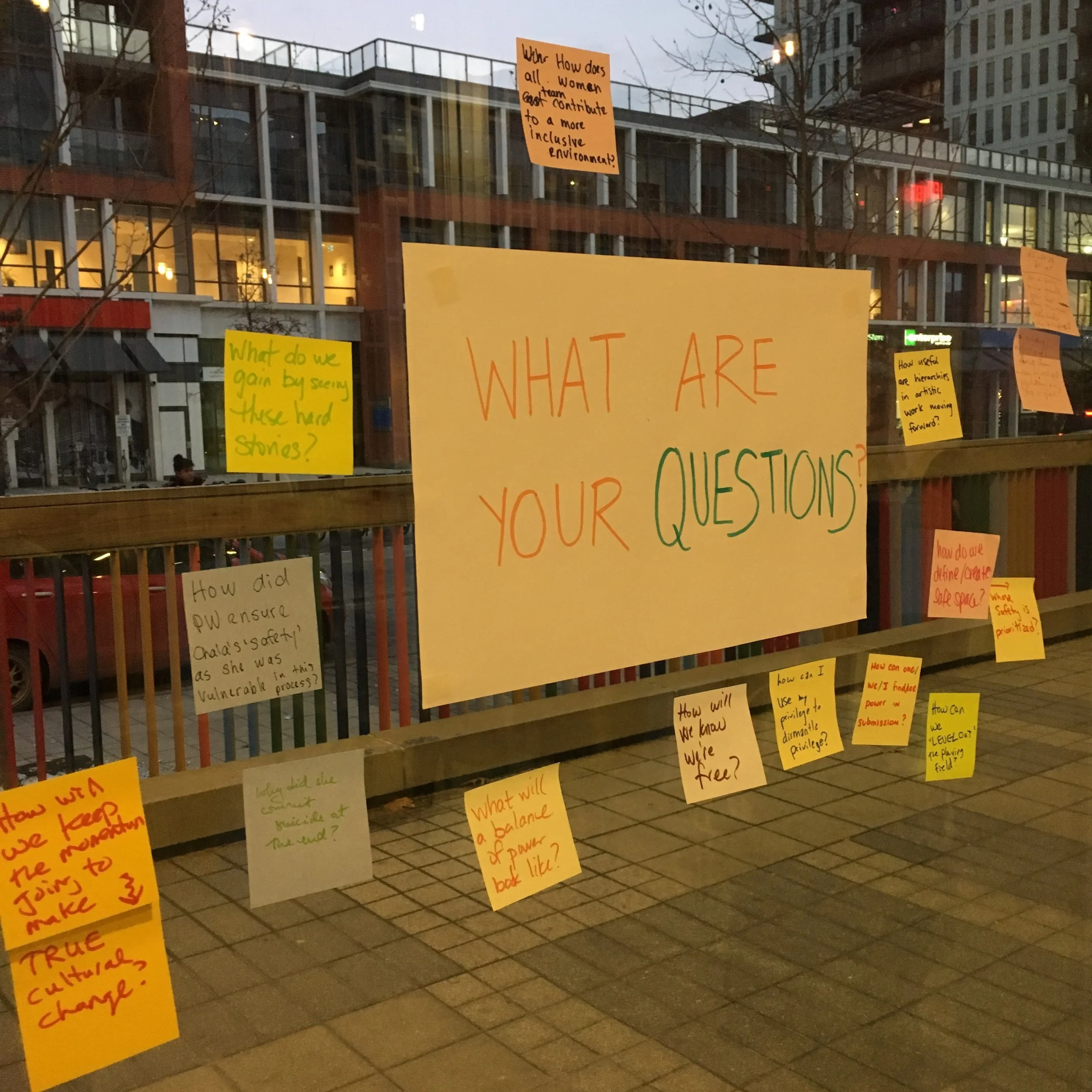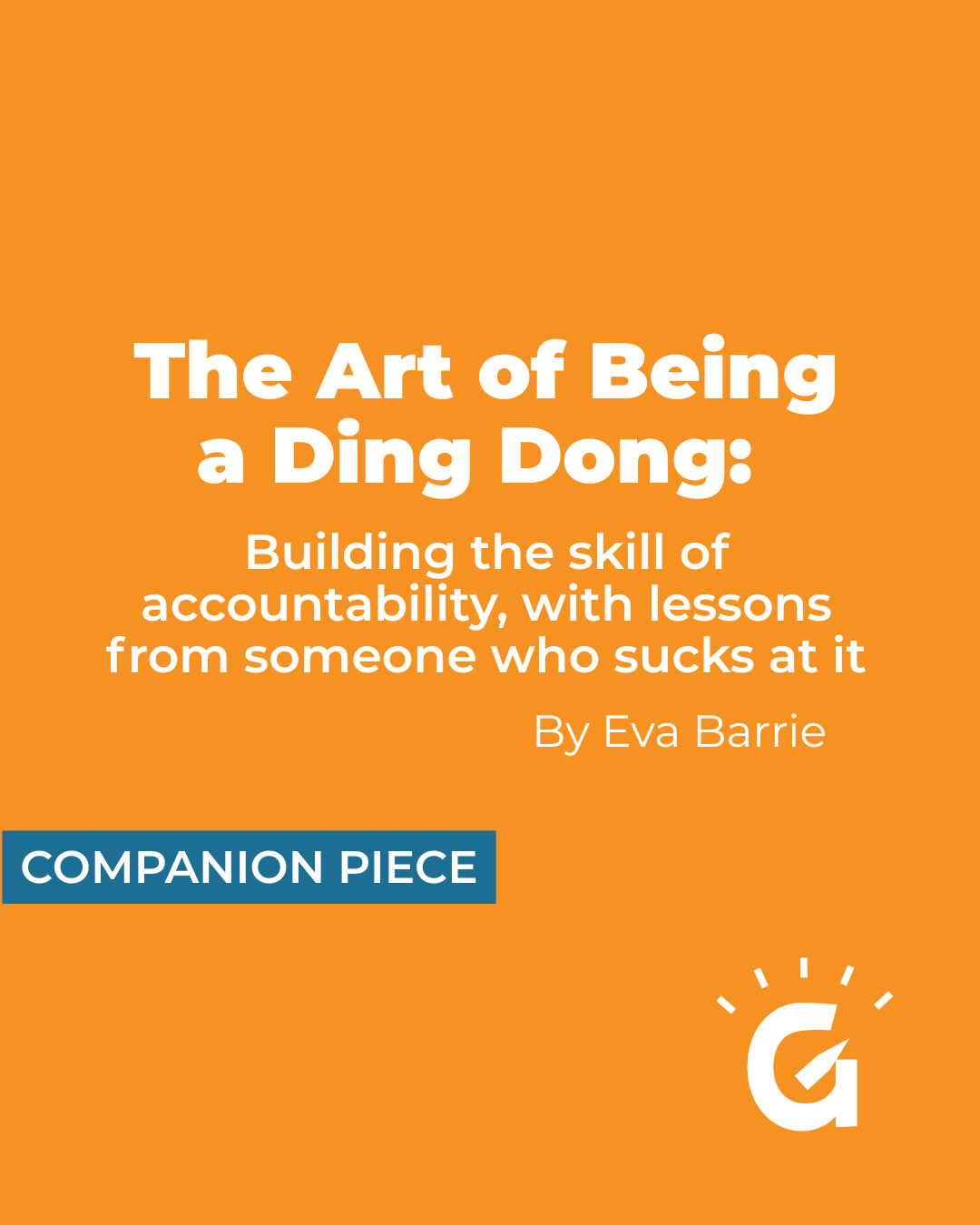
In simplest terms…I’ve made a lot of mistakes. Today, I’ve decided to make a little float, and parade all those mistakes in front of you. Why? Because accountability is a learned skill, and the best way to learn is to fall flat on your face. I offer my bruises up because I see a lot of my peers and our arts leaders fumbling as well. As anti-violence advocate and founding member of Accountable Communities Consortium, Shannon Perez-Darby puts it “accountability is not a personality trait or identity. It’s a skill necessary for each of us to build and cultivate in order to have loving equitable relationships, communities and movements”.
We have come a long way but not far enough. Inequity, exclusion, and racial disparities at the intersections of the white gaze and white imagination remain systemic as we continue to free ourselves. Theatre and performance art are not exempt from anti-Black racism.
This blog post is all about how art and AI can work together to aid creative processes. We'll talk about ChatGPT - what it is and how it can be used for artistic purposes. We'll also discuss some of the benefits of collaborating with ChatGPT, like getting inspiration and exploring new artistic styles. Of course, we'll also touch on the ethical considerations that come with using AI in art. Plus, some examples of how the author uses AI to support their own artistic work. And at the end, there are some resources to check out if you want to learn more.
Cut to Feb. 22, 2023: I'm watching the Paprika Festival's latest Hot Topics session on "Responsible Storytelling". I'm speaking out loud as though I'm sitting in the live-streamed Zoom room with Santiago Guzman & Donna-Michelle St. Bernard, facilitated by Cheyanne Scott. The three brilliant artists can't hear me snapping or see me nodding, but I want them to know how much their words impact me.
This is the second post in a series of artist responses to the Get on Board: Workshop and Speaker Series by the Creative Champions Network, an initiative of the Toronto Arts Foundation. As a co-creator of the series in 2022/23, Generator has engaged Artist Responders to attend each session, to summarize, reflect and respond to the emerging conversations and activities. In this post, Dedra McDermot (artist-researcher, emerging curator and movement dramaturg) reflects on the Planning for Organizational Health session on February 7th, 2023.
At Generator, we’ve had a long and fruitful history in partnership with Paprika, as our missions, our programming, and our ways-of-working have consistently aligned to consider what support looks like for artists and producers in the early stages of their careers.
‘Care’ is a big topic, and it seems to be on everyone’s minds and in everyone’s hearts within our diverse communities of artistic practice, especially in the context of the current state of world affairs.
In the second post in a series of artist responses to the Get on Board: Workshop and Speaker Series by the Creative Champions Network, Aria Evans (interdisciplinary artist, intimacy coordinator, activist, filmmaker, and educator) reflects on the Organizational Culture and the Partnership Between Board and Leadership session on November 23, 2022.
In this first post in a series of artist responses to the Get on Board: Workshop and Speaker Series by the Creative Champions Network, Coman Poon (arts consultant, creation doula, interdisciplinary artist, activist, curator and producer) reflects on the Governance Reimaginings session on October 4, 2022.
In the second post in Generator’s ‘Charting Waters - Transitions in Arts Organizations’ blog series, board member Brendan McMurtry-Howlett reflects on the launching of a leadership hiring process and discusses the timeline that was created by the committee responsible for creating a smooth transition for Generator.
In the fourth post in our ‘Governance Reimaginings’ series, dance/music artist and board member for Toronto Dance Love-In, Sophie Dow, offers a personal response to a session led by Yvette Nolan.
In the third post in our ‘Governance Reimaginings’ series, Shakespeare in the Ruff’s former Associate Artistic Director, desirée leverenz, offers a personal response to a session led by Zainab Amadahy.
An introduction to Generator’s ‘Charting Waters - Transitions in Arts Organizations’ blog series, which highlights our ongoing process of organizational growth and leadership transition—featuring a podcast interview with Work.Shouldn’t.Suck.
In the second post in our ‘Governance Reimaginings’ series, Generator Strategic Advisors Co-Chair Nidhi Khanna responds to a session on Reframing Governance led by Jane Marsland.
Brendan McMurtry-Howlett on the challenges of navigating a board of directors as a young artistic director, and the project Generator has undertaken with Shakespeare in the Ruff and Toronto Dance Community Love-in to look at alternative governance models.
Generator’s partnership with SummerWorks looks a little different each year, and this past summer it took the form of peer mentorship. Read reflections from SummerWorks Assistant Artistic Producers Fatima Adam and Haley Vincent and peer mentors Kitoko Mai and xLq (Maddie Bautista and Jordan Campbell) here.
We’re in a time of unprecedented momentum for reimagining systems of board governance in the performing arts sector. Generator teamed up with ALAS (Artists’ Legal Advice Services) on May 11, 2021, for a webinar and Q+A to help non-profit workers understand legal requirements, and explore what’s possible—watch it here.
People are always the most expensive budget line when you're producing—but how do you know what to pay them? This learning pathway tackles Paying People, just in time for the Toronto Arts Council and Ontario Arts Council August project deadlines.
This learning pathway invites you to use a values-based approach to the budgeting, planning, development, and execution of a production, where conscious decisions are being made, at all stages of the process, about who the play is for and how the needs of the audience and artists are being met.
Our third ArtistProducerResource.com Learning Pathway looks at social media, analytics, designing communications for accessibility, and newsletters.
Reflections on a discussion about what power boards have, what is possible when we look at alternative ways of operating, and what we mean we talk about accountability.
Announcing Learning Pathways: a new way to experience ArtistProducerResource.com! We’re starting with pages, templates, and further resources to support self-guided learning around Personal Organization and Business Management.
Generator in conversation with Shakespeare in the Ruff and the Toronto Dance Community Love-In, two companies in residence with us who have both undergone hiring processes this fall.
“I have lost my faith in this model, but what it really comes down to is: the nonprofit/charity model is inherently patriarchal and capitalist and therefore colonial and racist.”
Four months into life with COVID-19, there’s some room to start imagining different futures. To recognize the arts sector isn’t coming back anytime soon, and to ask: what do we want to come back to?
Transformative Justice is the framework we’re engaging for our Transform Dance pilot project. This post provides some case studies and answers to common questions that people have about TJ. If you want to do a deep dive into TJ, we recommend the Creative Interventions Toolkit, and the TransformHarm.org website.
We partnered with Company Collaborator the Toronto Dance Community Love-In and Daniels Spectrum for our first-ever #UrgentExchange devoted to dance: how do we dismantle harmful power structures and create safer spaces?
One year later, how has #MeToo has impacted the performance community? From triggers in the rehearsal process, to the changing role of the stage manager, to nudity and violence on stage, to the biases and blind spots that hold back change.
Our crowdsourced #UrgentExchange topic revolved around the precarity of our sector, and how most artists are left with negative impacts on their mental health.
As indie theatre companies and creators, both UnSpun Theatre and Ahuri Theatre have made trailers for our own work in the past – whether for potential audiences or for potential producing partners. We also watch a lot of trailers, or scroll by them as they pop up on our social media feeds. We wondered: is there any magical formula that makes trailers effective? How much do audiences rely on trailers to determine what they’re going to see? What about potential partners?



